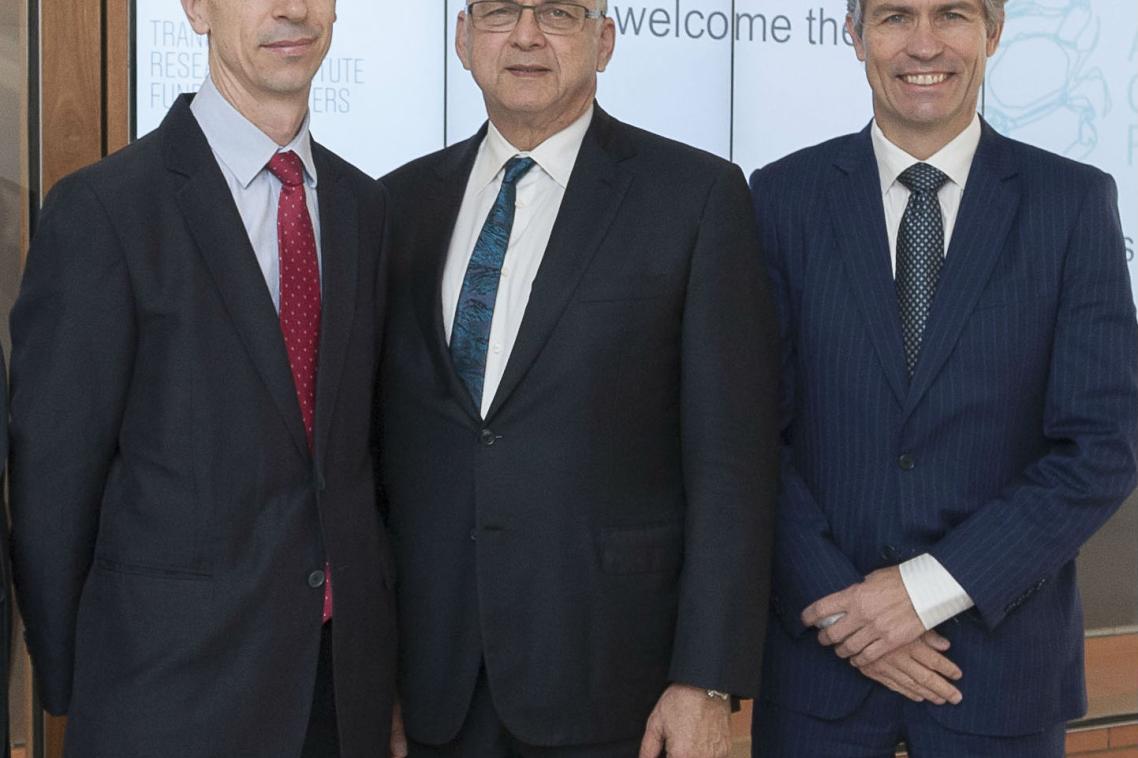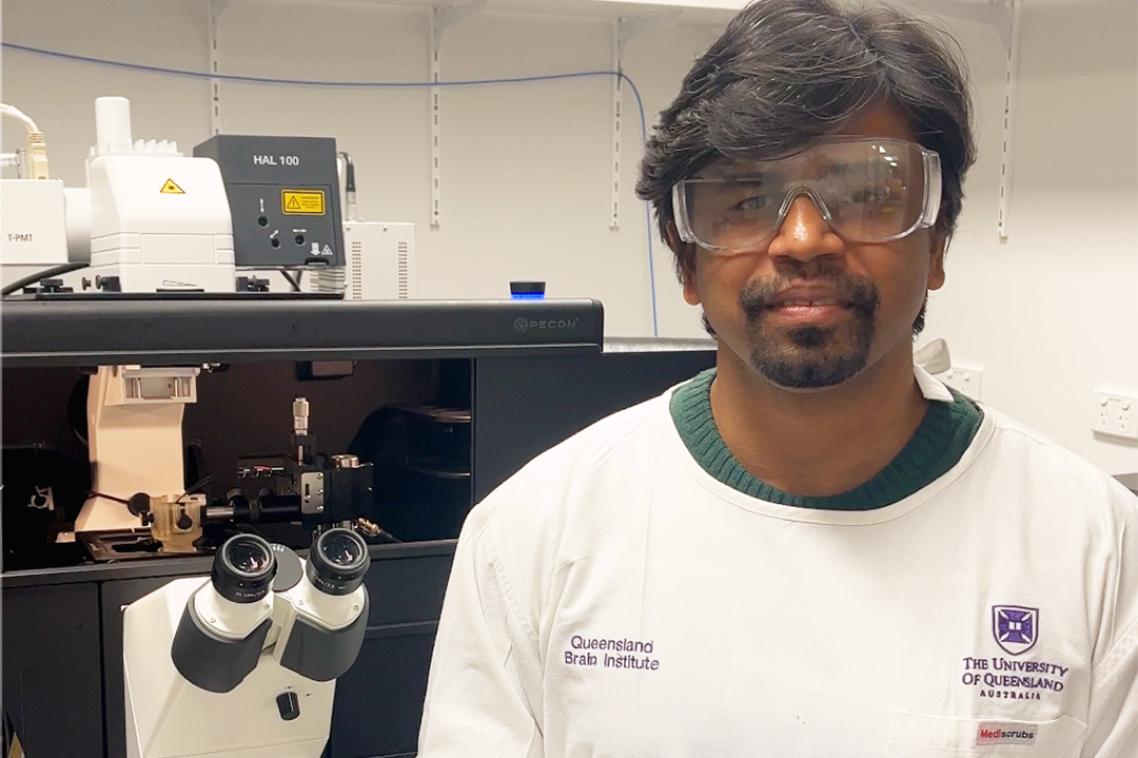Research discovers non-toxic cancer treatment

A University of Queensland researcher is developing a “Trojan horse” non-toxic treatment for human breast cancer.
Dr Roberta Mazzieri from UQ’s Diamantina Institute is working with cancer researchers in Italy to develop a treatment in which a molecule that can help destroy the tumour is hidden in a cell that the tumour recruits for its own growth and progression.
“The interferon alpha protein has well-known anti-cancer properties, but previous efforts to use it as a cancer treatment have been limited because it has to be administered at high levels, which can be toxic,” she explains.
The study is published in Science Translational Medicine and is a crucial stepping stone to human clinical trials.
Dr Mazzieri and colleagues at Vita-Salute San Raffaele University and the San Raffaele Scientific Institute in Milan have developed a way to deliver interferon alpha straight to tumour cells.
Dr Mazzieri said their work focused on a specific population of circulating immune cells called TEMs.
”Tumours use TEMs to grow new blood vessels and also to help the tumour suppress the immune response,” she said.
“Because TEMs are efficiently recruited to tumours, we exploited their tumour-homing activity to turn them into delivery vehicles.”
The researchers modified the cells so that they produce interferon alpha when they are being recruited to the tumour.
“Its effect is so potent, you need only a few cells,” Dr Mazzieri said.
“You have one cell producing interferon alpha and many cells responding.”
Clinically, the procedure is similar to a bone marrow stem-cell transplant.
Stem cells from the patient’s bone marrow are removed, but rather than receiving a donor’s stem cells, the patient’s own stem cells are modified to include interferon alpha and then introduced back into the patient. These stem cells then go on to become TEMs.
The treatment would not be limited to breast cancer.
“This is a general approach, which means you can use it on different tumour types,” Dr Mazzieri said.
Tests on mice with breast cancer showed a strong anti-tumour effect along with a significant reduction in cancer spreading, without any observable toxicity. It was, however, unclear if the method would be effective in human breast cancer.
"We have now illustrated the safety, feasibility, and therapeutic potential of human interferon alpha delivery for the treatment of human breast cancer in a new mouse model," Dr Mazzieri said.
“The research tells us the immune system is able to fight a tumour if you reduce the immune-suppression promoted by the tumour,” she said.
“It tells us that the immune system is enough, you just need to give it a push.”
Dr Mazzieri, in collaboration with colleagues at the Translational Research Institute in Brisbane, will test the new approach in combination with other promising immunotherapies with the goal of developing new and more effective anti-tumor treatments.
In particular she would like to explore the efficacy of this new approach in inhibiting breast cancer metastasis, the main cause of cancer related-death in Australian women.
Contact: Mr Andrew Pentland, Deputy Director (Advancement), UQ Diamantina Institute, (07) 3443 7026 or a.pentland@uq.edu.au
Dr Fiona McMillan, Science Writer, UQ Diamantina Institute, (07) 3443 7025 or f.mcmillan@uq.edu.au.
Topics
Related articles

New ultrasound imaging to map drug delivery into the brain

Staying physically active cuts risk of early death by 40 per cent
Media contact
UQ Communications
communications@uq.edu.au
+61 429 056 139
